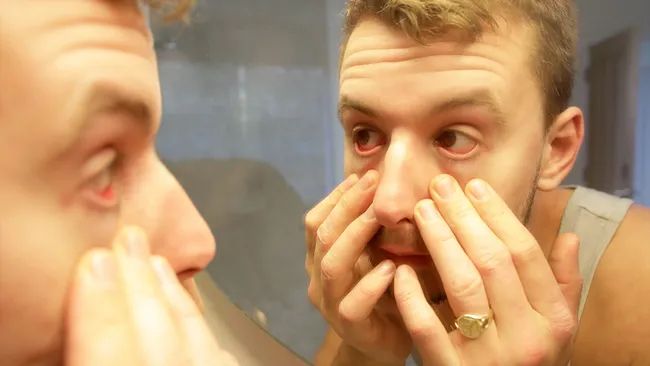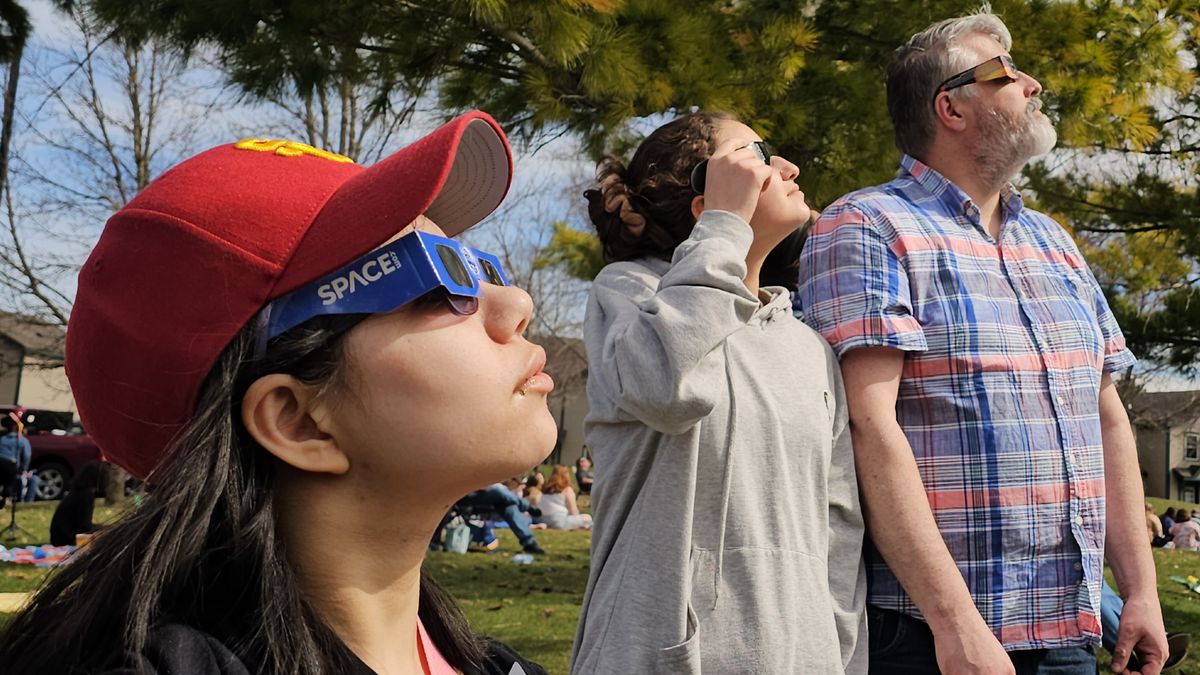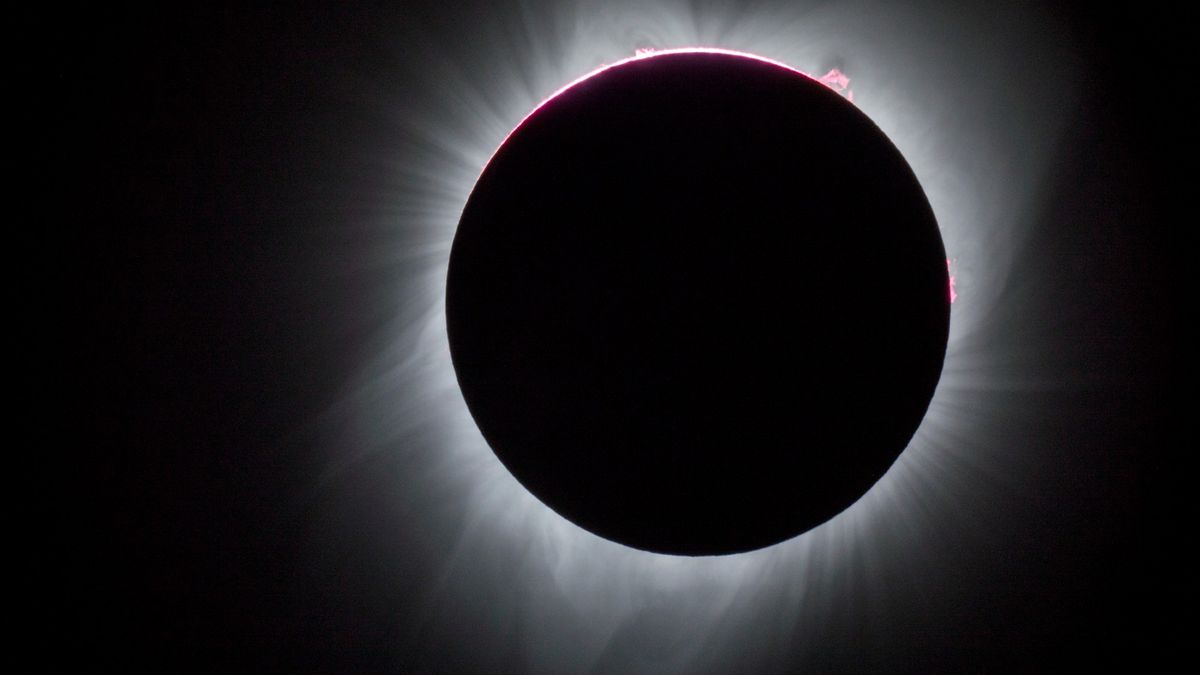Protecting Your Eyes During a Solar Eclipse
As the total solar eclipse sped across North America at an astonishing 1,500 mph (2,400 km/h) on Monday, attracting the attention of millions of skywatchers, concerns over eye safety arose. Searches for “my eyes hurt” have surged in response to the event. But how can you determine if your eyes were affected while observing the eclipse, and what steps should you take in case of injury?
Potential Eye Damage During an Eclipse
The only safe moment to gaze at a solar eclipse without eye protection is during totality, when the moon entirely blocks the sun. Any other time, including during partial phases, poses a risk of “solar retinopathy” – damage to the light-sensitive tissue at the back of your eye caused by solar exposure.
During an eclipse, protective reflexes such as blinking and pupil contraction might be less effective, making it easier to stare at the sun for longer periods without experiencing discomfort. This extended exposure can lead to retinal damage, which may not be immediately noticeable because the retina lacks sensory nerve fibers.
It is recommended to use eclipse viewers, solar filters on telescopes or binoculars, or eclipse glasses to observe an eclipse safely. Counterfeit glasses were reported during this year’s eclipse, which could compromise eye safety.
Although viewing an eclipse could potentially cause surface burns on the eye, this is more common in situations involving high altitudes or bright, reflective surfaces rather than eclipse viewing.
Signs of Eye Damage Post-Eclipse
Symptoms of solar retinopathy may not always include pain, but they typically affect vision. Blurred vision, blind spots, increased light sensitivity, distorted vision, color vision changes, headaches, and eye soreness are common indicators of eye damage after an eclipse. These symptoms usually manifest within four to six hours, and sometimes up to a day post-exposure.
In mild cases, symptoms of solar retinopathy tend to resolve on their own within six months, although there have been cases where recovery took up to a year. Severe cases may lead to irreversible eye damage, necessitating multiple visits to an ophthalmologist for monitoring and assessment.
Understanding Eye Discomfort Post-Eclipse
If your eyes felt strange after the eclipse but do not show signs of retinal damage, the discomfort may be due to prolonged eye strain. Staring at objects for extended periods can lead to eye soreness, dryness, or fatigue. If you viewed the eclipse using certified eclipse glasses, it is unlikely that your eyes suffered damage; however, persistent vision changes should prompt a visit to an eye doctor.
Overall, protecting your eyes during astronomical events such as solar eclipses is crucial to safeguarding your vision. If in doubt about eye safety, seek professional advice.
Image/Photo credit: source url





